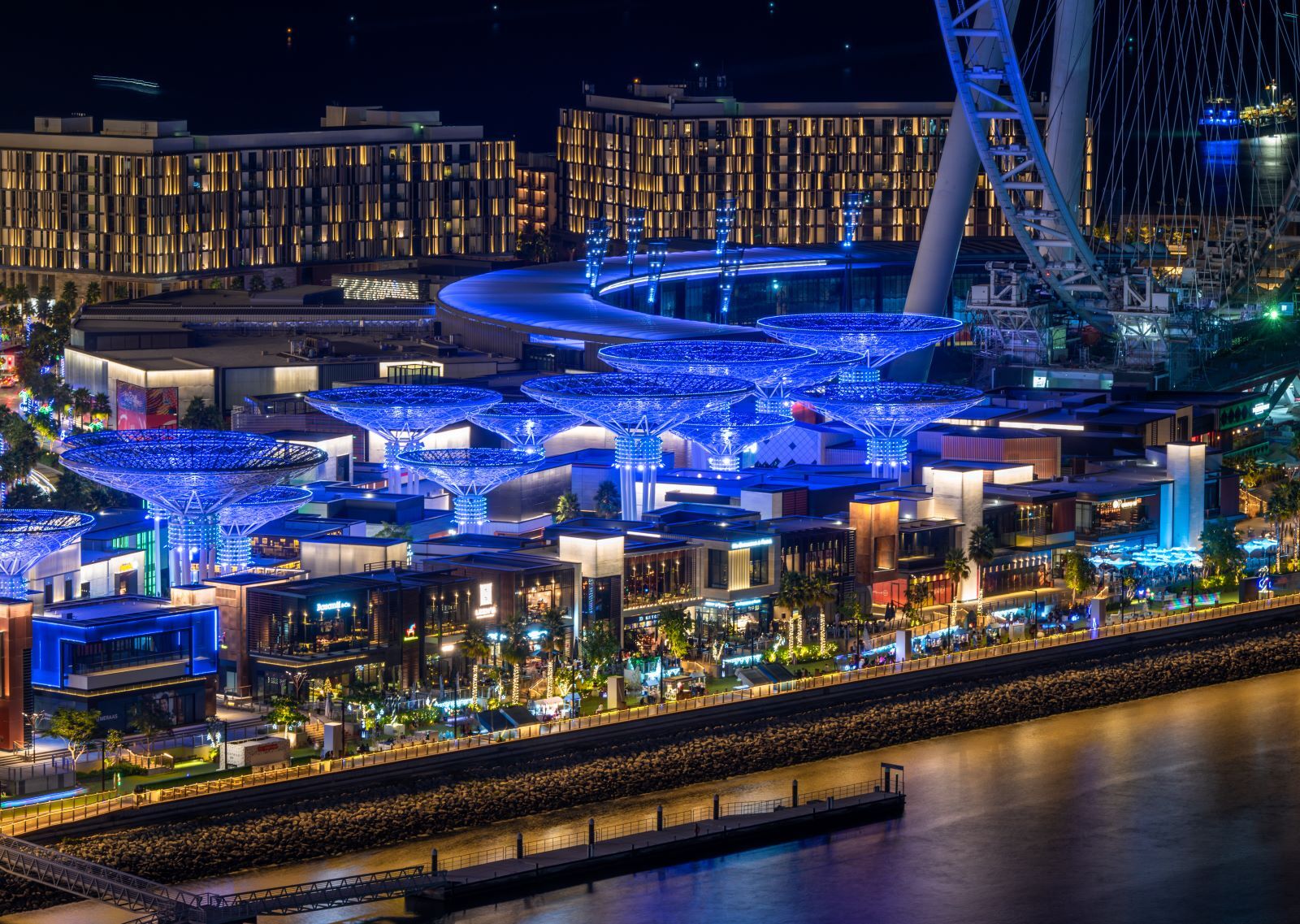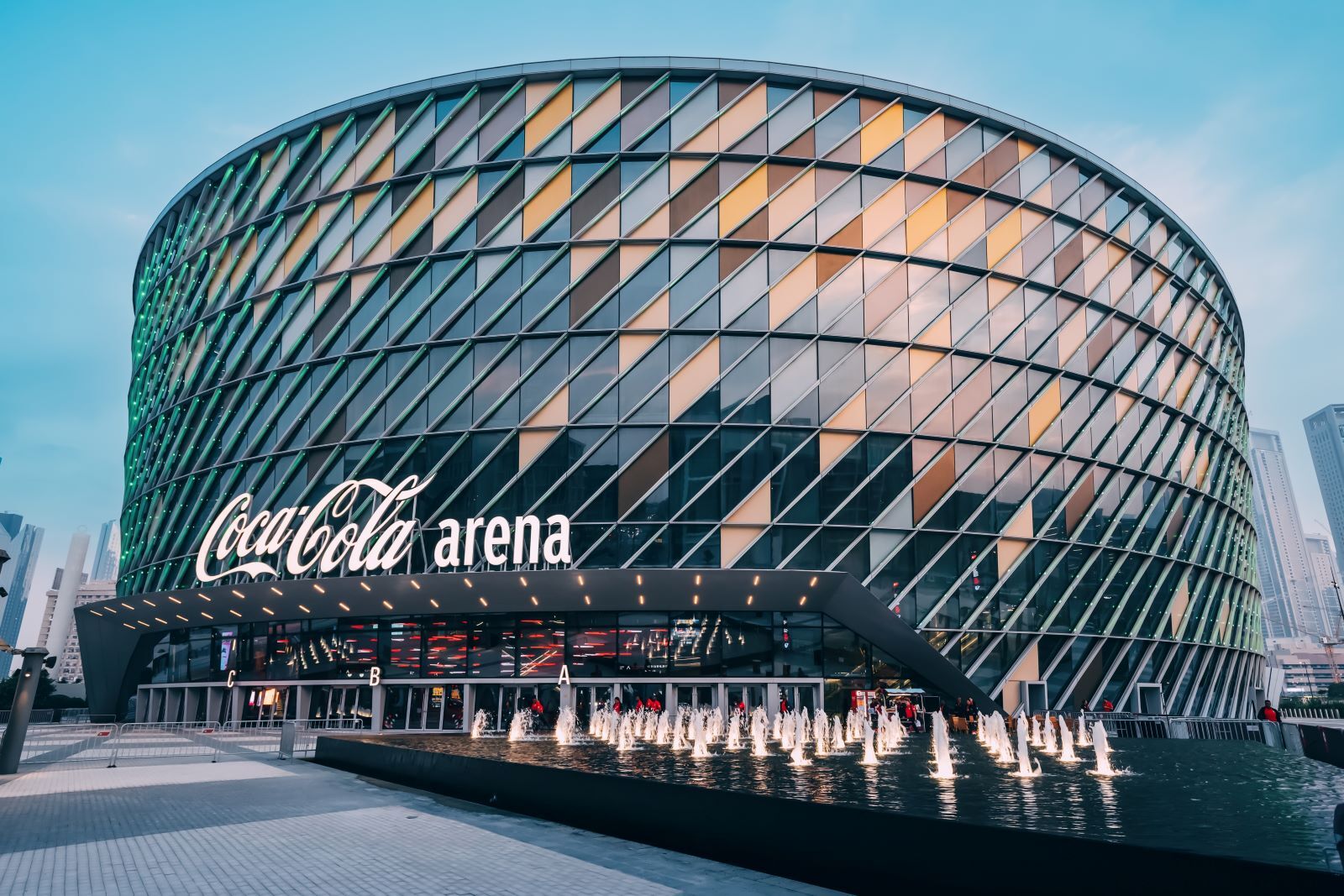Factors to Consider Before Buying Property in Dubai
Published: 16 August 2024

Dubai has become the busiest luxury real estate market in the world over the past year and always finds a way to break its own record for most expensive home sales. With world-class infrastructure, a tax-free environment and excellent returns on investment, it isthe destination of choice for the global elite who want to enhance their property portfolio. However, buying property in Dubai is not a path to instant capital growth. The real estate market in the city poses its own risks and challenges that must be fully understood in order to make the most of your investment. In the article below, we take a look at a few nuances of the market that any prospective property buyer in Dubai needs to keep in mind.
1. Market Volatility
Real estate is considered to be a more stable investment than the stock market, which is subject to very high levels of volatility. However, real estate can be a volatile investment class as well, especially in a city as dynamic as Dubai. The global financial downturn of 2008 is a prime example of that, but even the post-Covid boom in the market was thoroughly unexpected. Pundits and experts have been trying to put an end date on the market’s growth, but so far, it has continued to defy their predictions. Still, investors should keep a watchful eye on Dubai’s real estate industry, understanding what factors can impact that market before they put their money into it.
2. Regulatory Changes
Over the span of a decade, regulations in Dubai’s real estate market have evolved, with more robust laws coming into place to govern property transactions and disputes. Rules affecting property ownership, distribution of assets in the case of unexpected life events (such as death or divorce), and even residency visas granted to property investors have all changed with time. These changes are often a reflection of the city’s own growth and evolution, with the aim of simplifying procedures for foreign investors. However, the long-term benefits of these regulatory changes may be preceded by short-term inconveniences, so it is best to stay on top of the latest updates.
3. Overdevelopment Concerns
Dubai is renowned for its ambitious real estate projects, including expansive master planned communities and unique architectural undertakings. While this has contributed to the city’s dominant presence on the global stage, there have been concerns about overdevelopment. We would like to emphasise that as of mid-2024, those concerns are overblown. The city’s population growth is rapidly outpacing the delivery of new housing projects, especially at the highest levels of the market. This has created some challenges in infrastructure across certain communities, but Dubai’s government has been quick to recognise these issues and take measures to tackle them.
4. Changes in Residency Requirements
For decades, Dubai has offered property investors the opportunity to instantly become a resident of the city by purchasing property. The minimum investment threshold and the validity period of the residency visa have changed a bit with time – under the current regulations, a minimum investment of AED 750,000 will grant you a 2-year visa and a minimum investment of AED 2 million will grant you a 5-year Golden Visa. There were previously requirements for minimum down payments that were removed in late 2023. However, the exact investment requirements are always changing and are subject to government decisions. Be aware of the most current investment criteria to make sure that your investment achieves the right result.
5. Property Ownership Rights
Foreign investors can buy property in Dubai’s designated freehold areas – over the past decade, the number of freehold areas has grown so that investors effectively have access to every corner of the city. However, it is important to understand the rules governing property ownership, including which areas are still off-limits to foreign buyers. Different property developers have their own regulations concerning how their properties are used, including the type of modifications or renovations that are allowed. Buyers should be aware of that so they don’t run the risk of getting into a legal dispute with the developer over improper use.
Read Also : What is Ejari in UAE
6. Property Maintenance and Management
For all homeowners, but especially those who plan to rent out their properties, efficient property management is crucial. Dubai's real estate market has seen a rise in property management companies to meet that demand, which includes in-house management done by the property developer, but the quality and level of attention can vary. Poor or substandard property management can lead to issues such as maintenance delays and degradation of facilities, which in turn can lead to negative tenant sentiment and ultimately, lower returns. As part of the property search process, investors should understand how well their property will be managed and serviced to avoid potential problems.
7. Transaction Costs
Dubai is one of the most fairly valued real estate markets in the world and offers far more value on a per square foot basis than many of its global contemporaries. However, the cost of buying a property in Dubai goes beyond merely the sale price, and understanding these costs is crucial to managing a successful transaction. The Dubai Land Department (DLD) imposes its own fees for every property transaction in the city, as well as fees for any additional services the department may provide and a transfer fee for when the property is officially put under the buyer’s name. There will also be real estate agency commissions, and potential fees and payments to developers. While there is no tax levied on real estate transactions, the total cost associated with a property purchase can add up pretty quickly. Make sure you plan your budget to accommodate for that.
8. Currency Fluctuations
The currency of the UAE is pegged to the US dollar and is one of the most stable currencies in the world. However, this can affect its relationship with other currencies from around the world and any changes to the exchange rate could have a critical impact on the effective cost of property purchases, as well as the returns generated on your investment.
9. Impact of Global Economic Conditions
Global economic conditions can influence Dubai's real estate market. Factors such as international economic slowdowns, trade tensions, and global financial instability can impact investor sentiment and property demand in Dubai. Investors should be aware of global economic trends and consider how they might affect the local market.
Final Take
Buying property in Dubai presents far more opportunities rather than challenges for foreign investors. The city’s dynamic real estate market and high-end developments offer enticing prospects; however, investors must consider complex aspects associated with market volatility, regulatory changes, and economic factors that can impact their investment options.
Prospective buyers should seek advice from local real estate experts, legal professionals, and financial advisors to mitigate risks and optimise their investment strategy. With the right preparation and advice, investors can better position themselves to capitalise on Dubai's real estate opportunities while minimising the potential risks.



